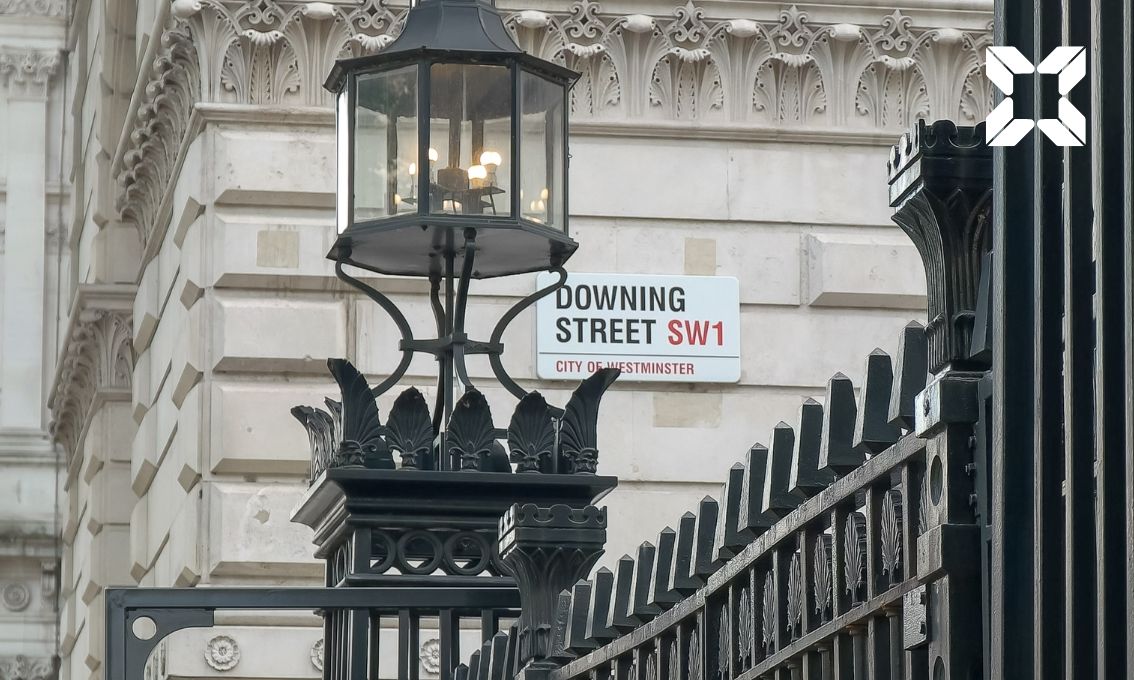
Latest News

As the newly elected government seeks to boost the nation’s economic stability and financial health, all eyes are turning to the upcoming Autumn Budget. Speculation has been growing in intensity over the last few weeks, as the Prime Minister warned of a ‘painful’ budget ahead.
Whilst none of us can see into the future, planning ahead will always remain crucial. With that in mind, we’re delving into what the budget could mean for your finances, before Rachel Reeves sheds light on the government’s economic strategy.
Whilst the new Labour government explicitly ruled out any increases to VAT, income tax and national insurance, it’s likely that we will see tax increases elsewhere in the upcoming Autumn Budget.
Against the backdrop of the current economic climate, this budget has the potential to shape everything from public services and business investment, to tax rates in the coming months and years. But what does it all mean for your finances?
The Labour government refused to rule out an increase to the current Capital Gains Tax (CGT) rates, which are currently lower than income tax rates.
Given that it is primarily high net worth individuals who profit from investments and properties, the tax rates could in all likelihood be hiked, or thresholds could be changed. Currently, CGT rates depend on which tax bracket you fall into and on the asset you are looking to sell. If you make a gain exceeding the £3,000 annual tax-free allowance, you will be liable to the tax.
Basic rate taxpayers will pay 10% CGT, whilst additional tax ratepayers will pay 20%. If you’re selling a property which isn’t your main residence, you will be liable to CGT tax at higher rates still, being 18% and 24% for basic and additional rate payers respectively.
When it comes to CGT, it’s always best to speak to your financial adviser. They will be able to work alongside you to ensure that you are planning accordingly, to both minimise your liability whilst staying compliant.
While only 5% of all estates in the UK pay IHT, the tax generated 9% more revenue in the first quarter of 2024/25 than it did in the same period in the year prior – a trend which has been on the rise for several years.
This ongoing increase combined with the number of available exemptions and gifting regimes, makes the tax a clear target for potential changes.
If your estate is liable to IHT, you should carefully consider the current options you have at your disposal. If you were planning on making charitable donations, or gifts you had planned to make, now may be the time to consider making them. any changes to IHT rules going forward could have a significant impact on the amount of tax your estate is liable to.
There has been a lot of speculation over whether the Chancellor could be making changes to pension tax relief in the Autumn Budget. In fact, pensions have specifically been pinpointed for change within Labour’s manifesto. One option being to cut the relief to 20%.
Whilst this wouldn’t be a change for basic rate taxpayers, it would have a considerable impact for higher and additional rate taxpayers. Currently they receive 45% relief on their pensions contributions, so the change could have a huge impact on them. Basic rate taxpayers on the other hand, receive relief at a rate of 40%.
Whilst we await further clarity on any changes to come, making the most of all you pension allowances can help to build your financial resilience in retirement.
To discuss the potential impacts of the upcoming Autumn Budget on your finances, get in touch. We can provide tailored advice to help you navigate any changes which may affect your tax liabilities, pension contributions or investment strategies.
THIS ARTICLE DOES NOT CONSTITUTE TAX, LEGAL OR FINANCIAL ADVICE AND SHOULD NOT BE RELIED UPON AS SUCH. TAX TREATMENT DEPENDS ON THE INDIVIDUAL CIRCUMSTANCES OF EACH CLIENT AND MAY BE SUBJECT TO CHANGE IN THE FUTURE. FOR GUIDANCE, SEEK PROFESSIONAL ADVICE.
WHEN INVESTING YOUR CAPITAL AT RISK.
A PENSION IS A LONG TERM INVESTMENT. THE FUND VALUE MAY FLUCTUATE AND CAN GO DOWN, WHICH WOULD HAVE AN IMPACT ON THE LEVEL OF PENSION BENEFITS AVIALBLE. PENSION INCOME COULD ALSO BE IMPACTED BY INTEREST RATES AT THE TIME BENEFITS ARE TAKEN. PENSION SAVINGS ARE AT RISK OF BEING ERODED BY INFLATION.
PLEASE NOTE THAT THE FINANCIAL CONDUCT AUTHORITY DOES NOT REGULATE TAXATION AND TRUST ADVICE.
TAX TREATMENT OF PENSIONS IN GENERAL AND TAX IMPLICATIONS OF PENSION WITHDRAWALS WILL BE BASSED ON INDIVIDUAL CIRCUMSTANCES, TAX LEGISLATION AND REGULATION ARE SUBJECT TO CHANGE IN THE FUTURE. ALL RATES AND INFORMATION ARE CORRECT UP TO THE DATE OF PUBLICATION.